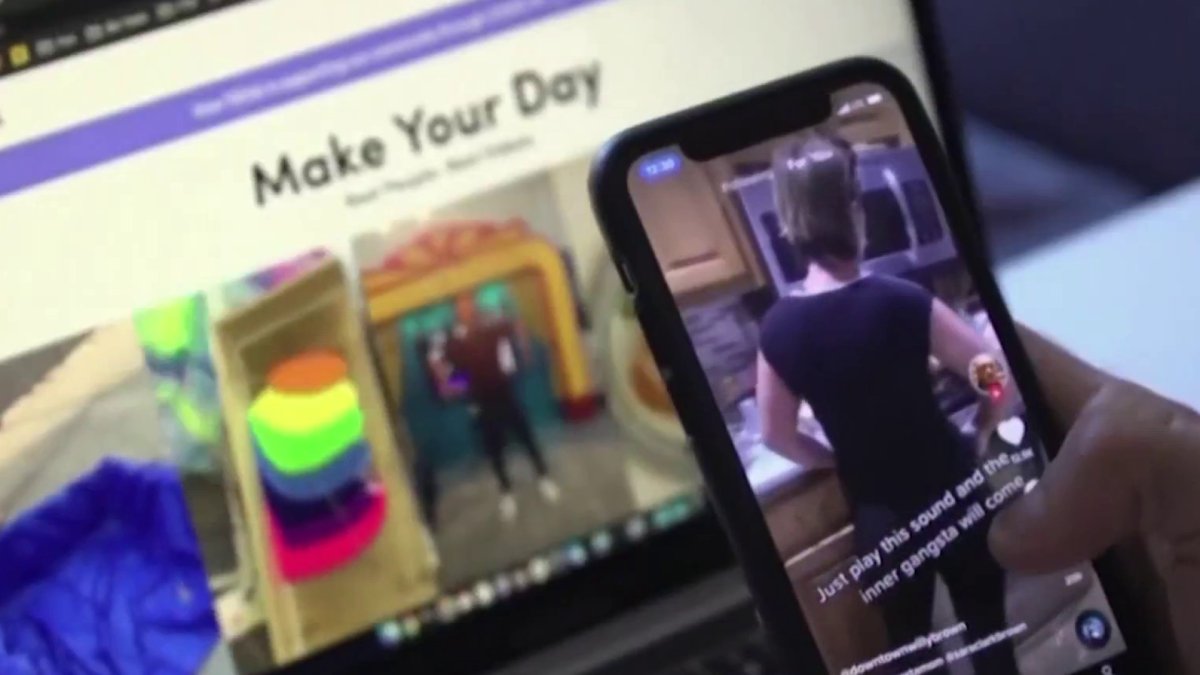Even if students try to access TikTok from their university’s Wi-Fi network, they cannot. This Wednesday, Florida International University banned access to TikTok if you are connected to its Wi-Fi or using one of its devices.
“I understand that they wanted to avoid TikTok but at the same time it has its advantages. It’s a way to connect with people,” says a student.
In an email to students, the university said it seeks to protect everyone’s information from potential cyber threats.
Cybersecurity expert Luis Noguerol says:
“Universities have a very important responsibility. One is to protect student records, which is a very complex issue, and the other is the identity of their students.
It’s a matter of security. This is information that no one wants to see or disclose because it is private.
But there are many people who use it and they must be disappointed.
One of the dangers of the app lies here. In facial recognition and in what is called the use of biometric data.
“The application has the ability to learn your preferences. Without likes, how do they do it? Through facial recognition of the movement of their eyes from the tone of their voice”, Noguerol
“I don’t think that’s an exaggeration. I think it’s a good decision they made,” says a student.
The university also banned other apps. Two Russians and three Chinese, including TikTok.
“TikTok is unregulated in the United States and even in criminal cases you cannot comply with your data with the North American legal system.”
Other Florida universities have not only followed suit, but also recommended that their students remove TikTok from their personal devices.

